Gaza’s main hospital in crisis as Israel revs up bloodthirsty war machine
Medical teams in Gaza City cannot provide proper treatment to the wounded due to shortages in fuel and essentials.
That is according to Muhammad Abu Salmiya, the director general of the city’s largest hospital, who said on Sunday drugs and electricity supplies were urgently needed for the treatment of victims at Shifa Hospital.
Israel once again ignited its war machine against the blockaded Palestinian territory on Friday. So far, more than 40 Palestinians, including over a dozen children, have been killed in the regime’s airstrikes.
Salmiya said the injured were arriving “every minute,” adding, “There is a crisis in medicine, a crisis in drugs, a crisis in electricity.”
Meanwhile, the sole power plant in the city went out on Saturday due to a lack of fuel.
“We need urgently to open the borders to bring in drugs, (fuel for) electricity,” he said.
Gaza's Health Ministry has said the depleting electricity supply will see "a cessation of health services" on Tuesday afternoon, as power generators are running out of fuel.
Ashraf al-Qedra, spokesman for the ministry, said, “The healthcare system in the Gaza Strip suffers from chronic shortages averaging 40 percent in essential medicines, 32 percent in medical disposables, and 60 percent in laboratory and blood bank supplies.”
“Before launching the offensive, the Israeli occupation denied entry of 14 x-ray devices and spare parts for medical and diagnostic devices into Gaza. This is seriously affecting the performance of different medical departments at Gaza's largest hospitals.”
Diesel for the power plant is usually trucked in from Egypt or Israel, which has maintained the blockade since 2007..
The United Nations says Gaza’s 2.3 million residents experience regular power shortages and they received only an average of 11 hours of power per day in July.
The UN has warned that without a boost to the electricity supply, Gaza will soon see the “reduction of water supply from the water wells and desalination plants.”
Israel stopped the planned transport of fuel into Gaza before it struck on Friday, despite warnings from health officials that hospitals would be severely impacted within days.
In response to the brutal Israeli airstrikes, Palestinian resistance forces have fired more than 400 rockets at Israel, setting off air raid sirens and sending settlers running to bomb shelters.
The Islamic Jihad resistance movement has called the retaliatory barrage only an “initial response.” Secretary General Ziad al-Nakhalah of Islamic Jihad has said the Israeli enemy must expect a “non-stop” confrontation under these circumstances.
Iran condemns IAEA inaction as US-Israeli aggression targets nuclear facilities
Iran FM says to issue protest to Kuwait over US aircraft downing
IRIB chief says Tehran compound hit in Israeli-US aggression, broadcasts continue
US-allied fuel tanker attacked by Iran still burning in Strait of Hormuz: IRGC
Attacks on hospitals, schools ‘strike at life itself’: Pezeshkian
Iran’s attacks on US bases ‘legitimate’ response to source of aggression: Araghchi
IRGC targets US intelligence centers, military depots in 11th wave of attacks
US-Israeli attacks damage 5 hospitals, medical centers in Iran: MP


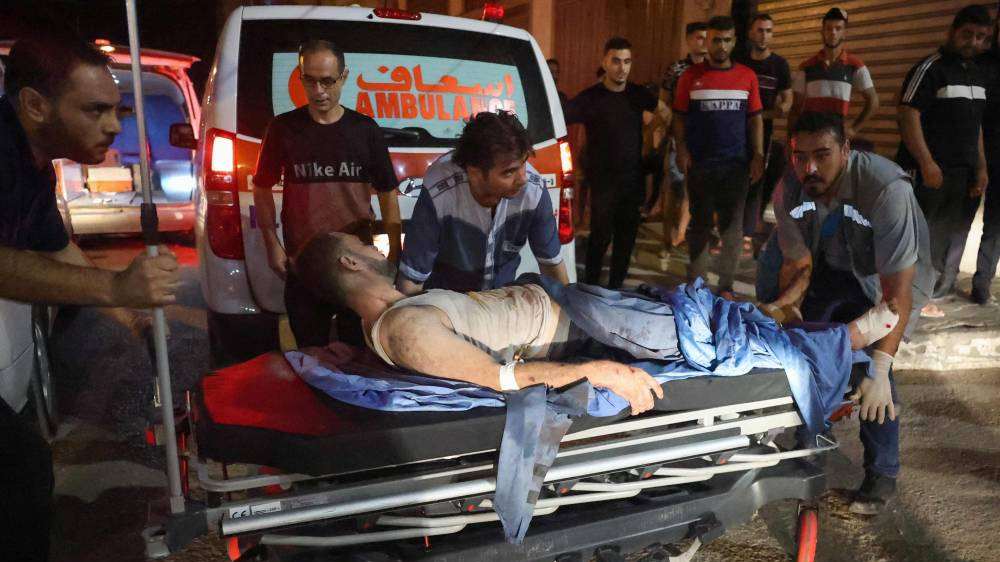


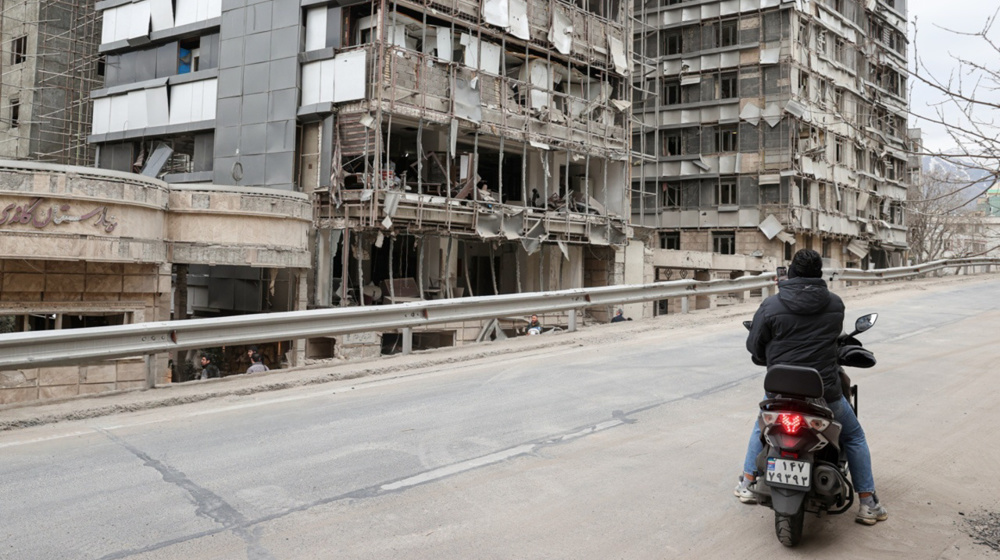
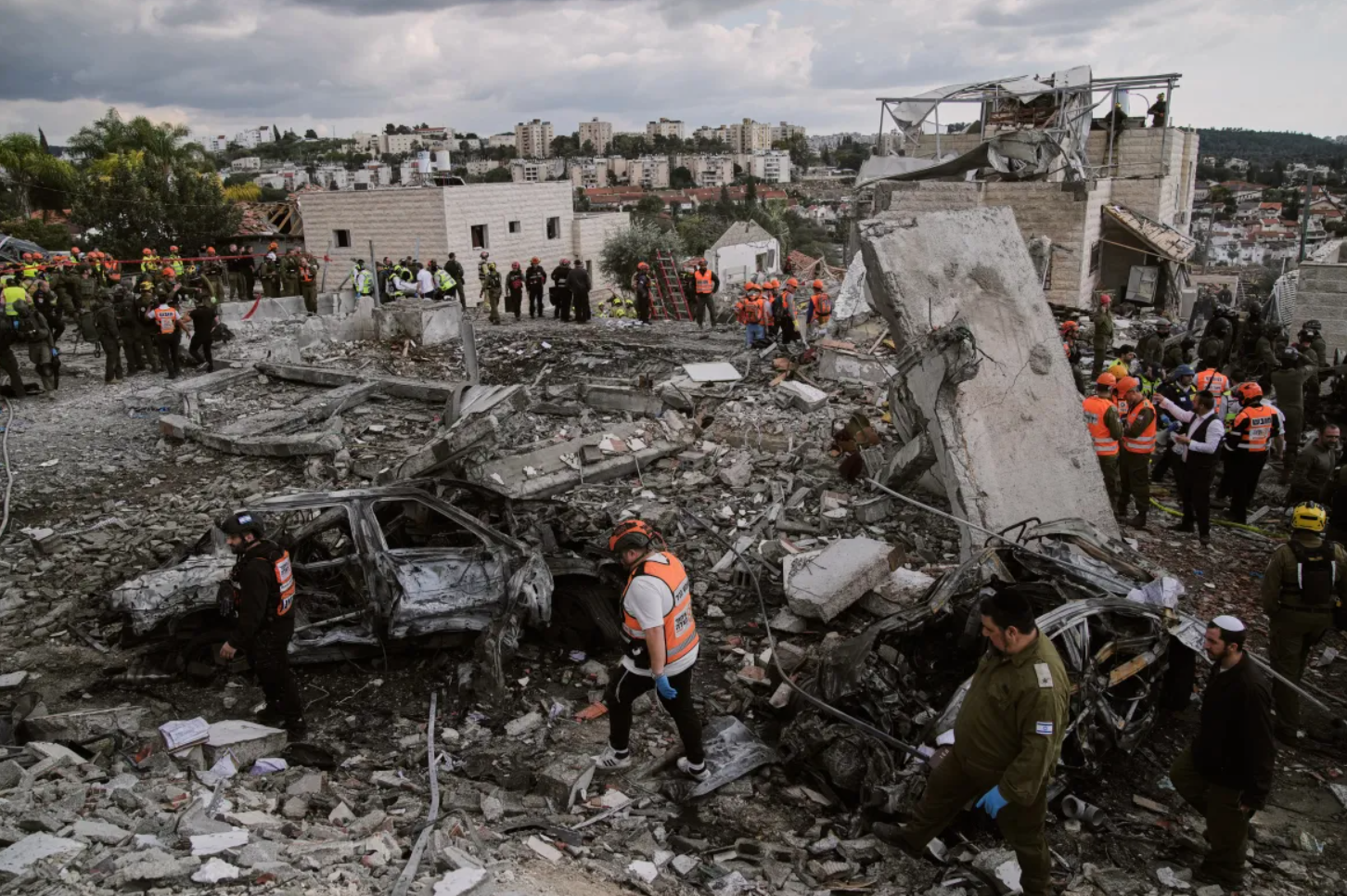




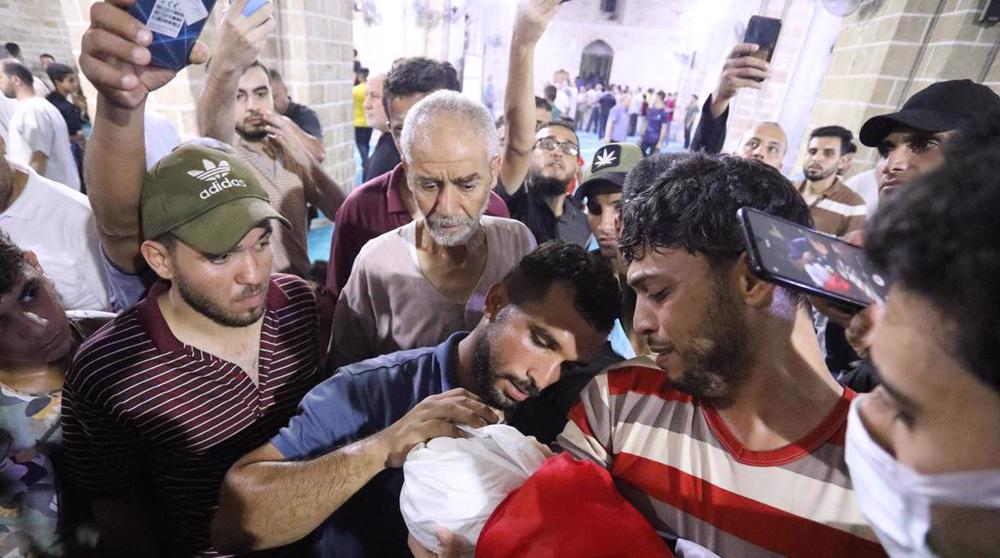


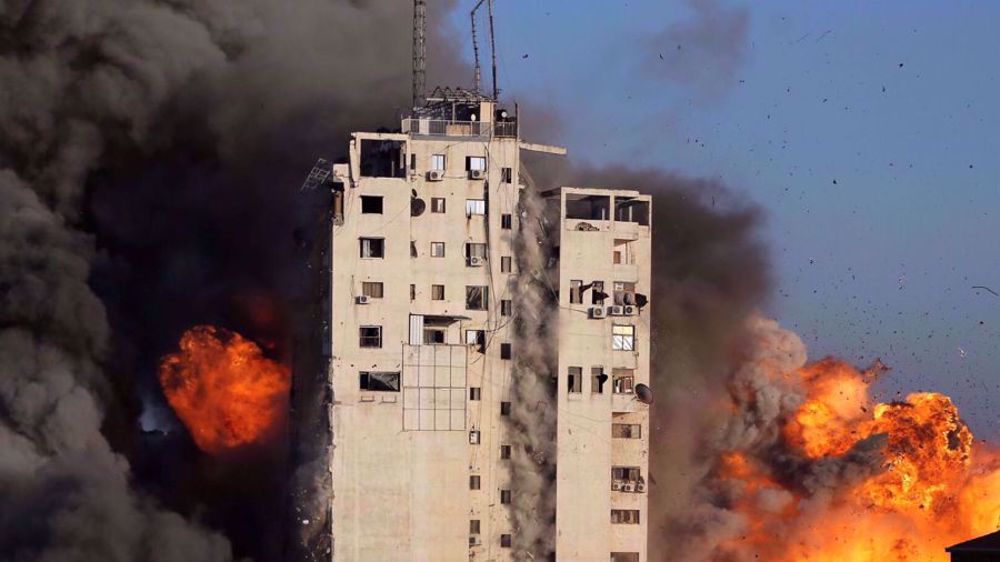
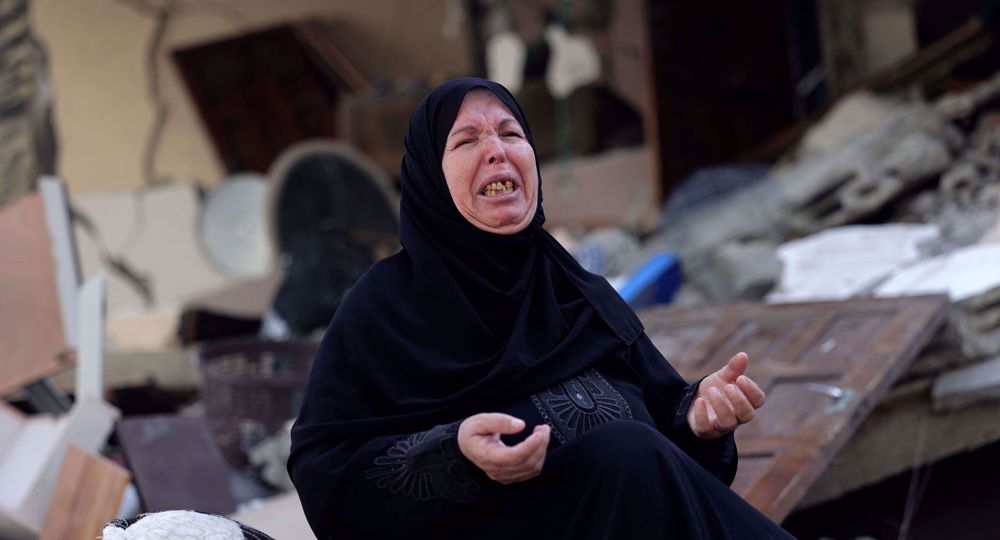

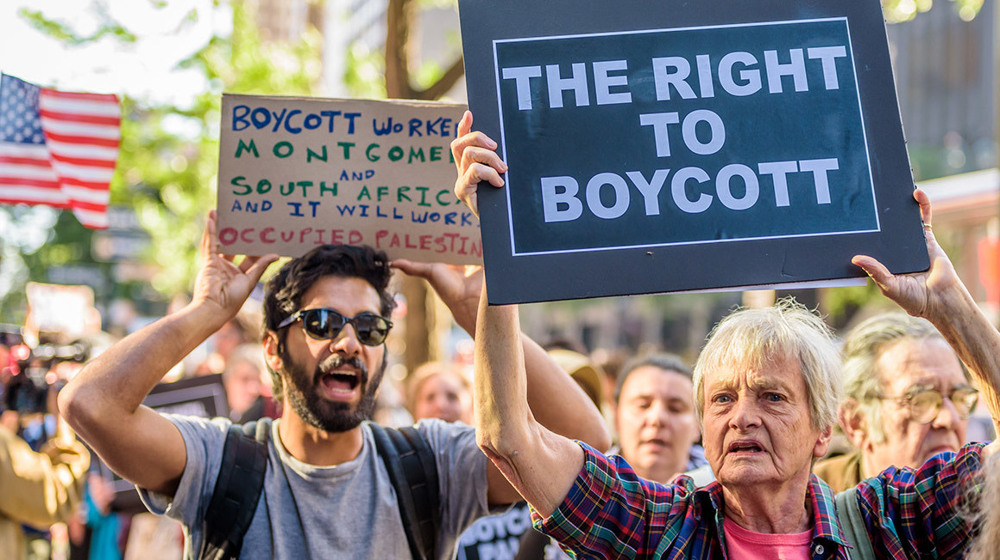

 This makes it easy to access the Press TV website
This makes it easy to access the Press TV website